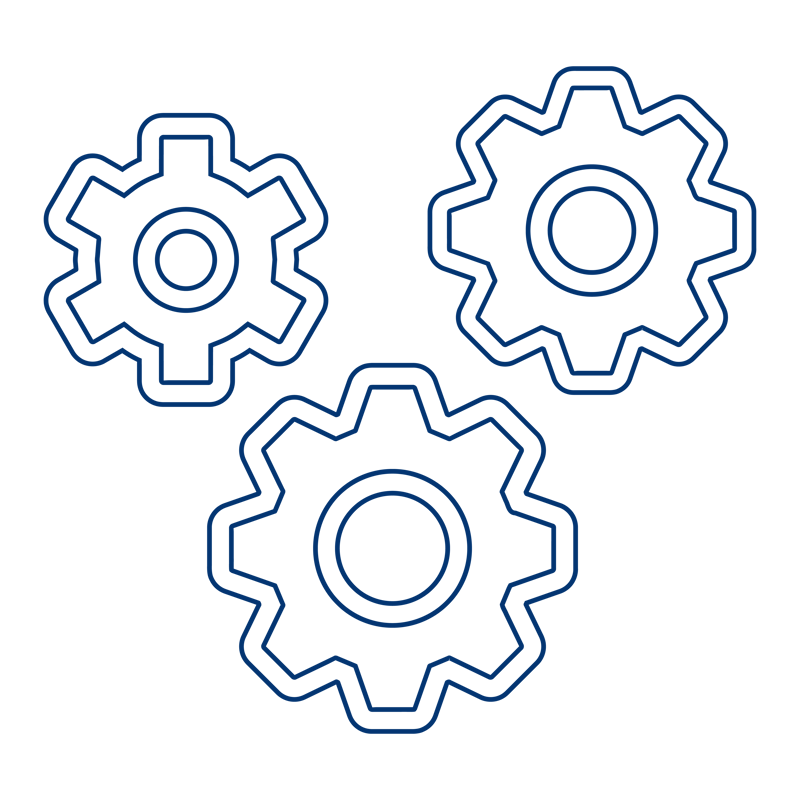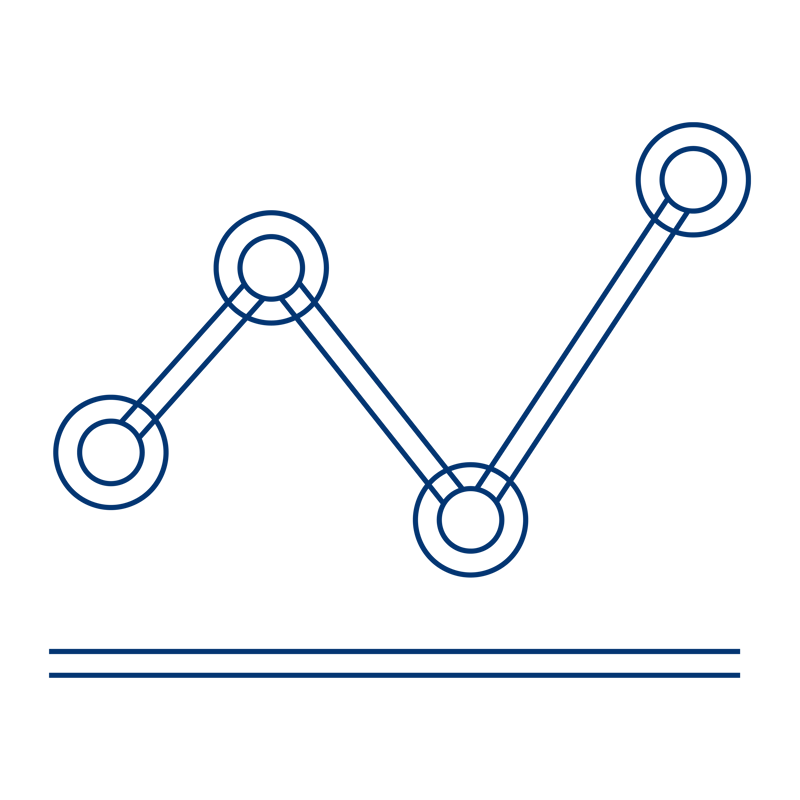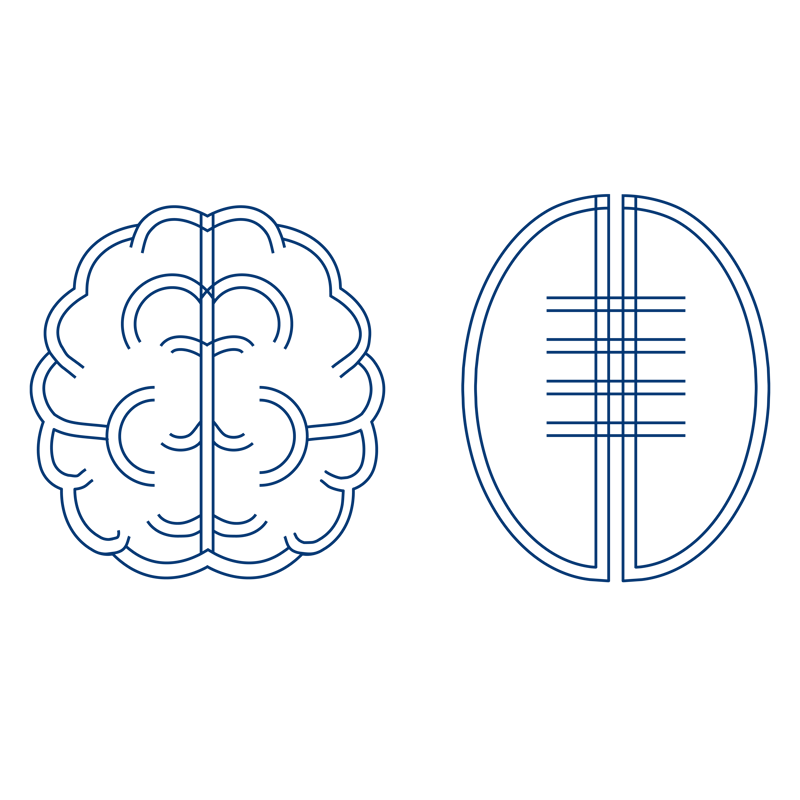Five central concepts you should know
Employee data? Datafication? Data ethics? Learn the five basic concepts within data and new technologies.
 |
Employee dataEmployee data is used broadly about all the types of digital footprints that employees leave – from the time they apply for a job to the time they leave the job.Employee data could be data that we or others have provided ourselves, data from systems or devices that we use for work or are surrounded by (e.g. performance, productivity or presence), or information from external sources (e.g. social media or public registers). |
 |
Data ethicsData ethics complements the legislation and guidelines in force. It should be understood as a dynamic value compass, helping the parties to navigate the grey areas that the legislation either does not regulate yet or fails to regulate in a meaningful way.The value compass is not static, it moves. That is why it must be discussed regularly and in complete openness to ensure a common understanding of what the workplace is allowed to do (legislation), can do (technology and finances) and will do (data ethical decisions and choices). |
 |
Algorithmic managementAlgorithmic management can be broadly defined as the employer’s power to direct how work should be done based on a data-based and automated evaluation of the employees/work. |
 |
DataficationDatafication means the increasing availability and use of large data volumes, algorithms and artificial intelligence and the significance of these elements for those who use the data and those who are exposed to it. In datafication, a lot of emphasis is given to the consequences and possibilities of professionalism, professional pride, identity, etc. |
 |
AIArtificial intelligence is IT systems capable of performing tasks that would normally require human intelligence. Using algorithms and large volumes of data, the system can perform actions such as analysing, learning, predicting, recommending or making decisions with a specific aim. In other words, artificial intelligence is able to think like human beings, provided the system is coded to do so. |
Contact
32 66 14 06Lucia Lyng Valesco
Business Policy Adviser
Lve@finansforbundet.dk





